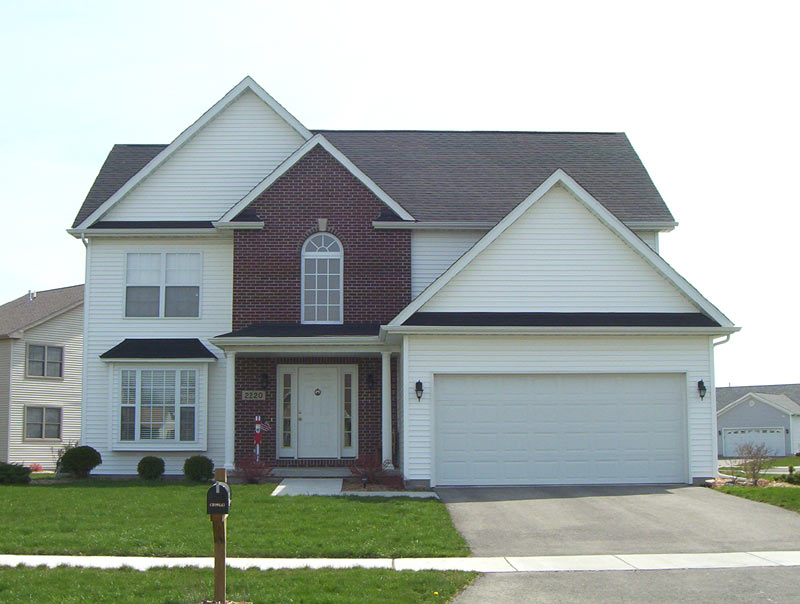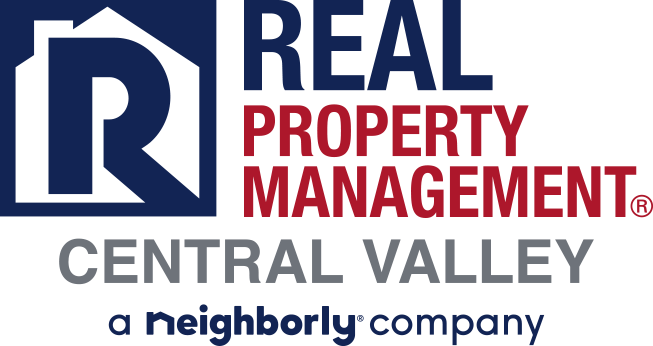Property Management Tips – Which Insurance Policies Should You Have?

By RPM Central Valley
Are you just getting started with owning rental properties or are adding another rental to your portfolio?
Most property owners are under insured and don’t have enough insurance policies to cover them should an accident, injury or disaster occur at their rental properties.
This is why it’s important to take an insurance “checkup” at least once per year to confirm that you have the right amount of insurance at your rental property.
-
Landlord insurance
A lot can happen on a property that subjects the property manager to liability that just isn’t covered by most property insurance policies. Landlord insurance is intended to cover the property owner in the event that a tenant is injured or incurs other personal damage at the residence. Without the protection, the property management company could be held responsible to pay for damages, even hospitalization. This type of coverage is essential in most types of leasing arrangements.
Generally speaking, with comprehensive “D-3” coverage, any cause of loss is allowed and paid at replacement cost except those specifically excluded. Some policies provide protection for loss of income.
- Loss of income insurance
If your landlord insurance policy doesn’t cover loss of income, separate protection can be added. Loss of income insurance helps landlords recover lost revenue resulting from certain situations, particularly damage to the dwelling, or other business disruptions that force a vacancy. A policy may cover loss of income resulting from an “act of God,” such as a tornado or hurricane, when the home has to be vacated so repairs can be made.
- Fire insurance
According to recent data from the National Fire Protection Association, 1.345 billion fires were reported in 2015 resulting in $14.3 billion in property damage. Fire insurance is intended to cover the cost of repairing or rebuilding structures damaged or destroyed by fire, as well as contents. Policies typically cover damages to others caused by the spread of fire.
Because tenants can cause fires, property managers may want to allocate responsibility for coverage to their residents by requiring renter’s insurance. However, not all fires start through fault of residents. Losses resulting from electrical problems and in areas prone to wildfires are just as possible.
- Vacant property insurance
A vacant property can be damaged by vandals, creating hefty repair bills for property managers. In recent years, thieves have targeted vacant homes for stealing copper and appliances. Protection is available for vacant properties, especially when in between residents. Some policies include additional coverages for damage caused by contractors who are making repairs or improvements.
- Workman’s comp insurance
A vacant property can be damaged by vandals, creating hefty repair bills for property managers. In recent years, thieves have targeted vacant homes to steal copper and appliances. Protection is available for vacant properties, which is particularly important during the transition time between residents. Some policies include additional coverages for damage caused by contractors who are making repairs or improvements.
- Flood insurance
Basic homeowner’s and/or hazard insurance policies typically do not cover flood damage resulting from acts of nature, such as hurricanes or flash flooding. Homeowner’s policies typically only pick up the tab when the flooding is a result of, for example, a broken pipe, ruptured water heater or from an appliance inside the home.
Flood insurance, which is intended to cover damage to the structure and contents, makes sense if the property is located in a designated flood zone or is likely to flood. In recent years, the insurance industry has paid significant amounts of money for flood damage linked to hurricanes. In 2005, nearly $18 billion in claims were paid, according to the National Flood Insurance Program, a provider of flood insurance to property owners.
- Earthquake/sinkhole insurance
Certain parts of the country may also be susceptible to specific types of disaster that are inherent to that particular region. In Florida, for example, damaging sinkholes are somewhat common, and special insurance coverage is available. Elsewhere, in regions marked by fault lines, coverage may be available for properties prone to damage by earthquakes.
To recap, depending on the type of property, location and other factors, these types of coverages and others may or may not be necessary, and are merely suggested for informational purposes only. You should consult with your insurance broker to determine what types and scope of insurance coverage are best for you.
Get Property Management Here
For professional property management in the Central Valley contact RPM Central Valley today by calling us at 209-572-2222 or click here to connect with us online.

